Spain obtains an additional quota of 4,122 tons of southern hake for the year 2022, 84% more than initially allocated.
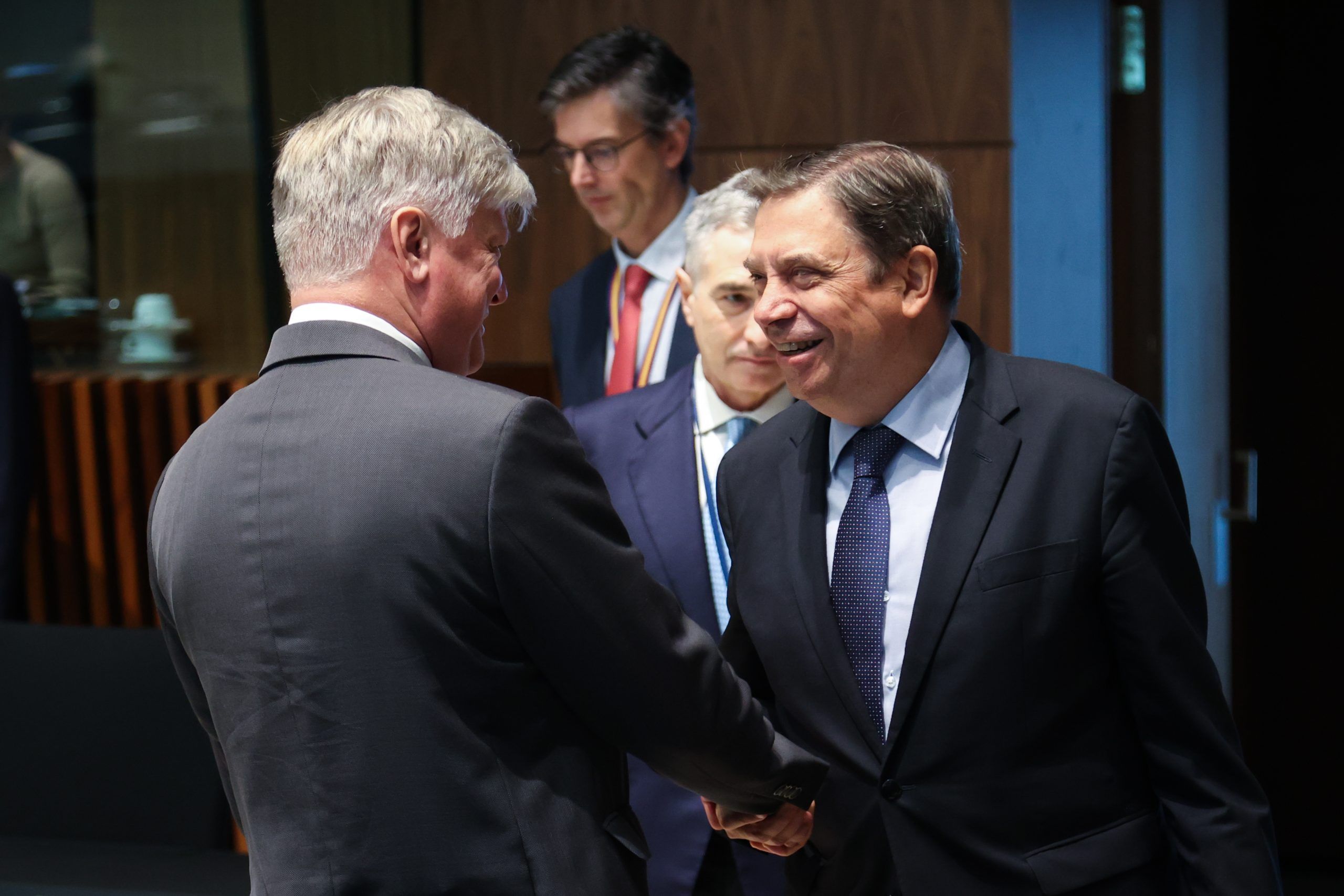
The Spanish fishing fleet will be able to catch this year 4,122 tons of southern hake more than the 4,899 that were initially allocated, which means an increase of 84%, under the agreement to revise the regulation of total allowable catches (TAC) and quotas reached today at the Council of Ministers of Agriculture and Fisheries of the European Union (EU), held in Luxembourg.
The Minister of Agriculture, Fisheries and Food, Luis Planas, has considered that this agreement is “very significant and tremendously important for Spain”, because “it responds to a request from our country based on scientific reports that support the sufficient availability of stocks of this species”. The increase in the quota benefits 1,200 Spanish fishing vessels located mainly in the Atlantic, Cantabrian and the Gulf of Cadiz, and mostly trawlers, gillnetters, bottom longliners and small gears.
This increase has come about thanks to Spain’s insistence on revising the exploitation rule for this species, which has allowed it to be reclassified in category 1, thus increasing its TAC within maximum sustainable yield levels. At the same time, this decision allows reversing the trend of the last 8 years with continuous decreases in the TACs adopted. Two years ago, the International Commission for the Exploration of the Sea (ICES) decided to downgrade the assessment category of southern hake to category 3, due to the failure of the assessment model, and to adopt a precautionary approach from that moment on. This implied the adoption of very limited TACs in 2021 and 2022 that limited the fishing possibilities of the Spanish fleet.
“We objected to that consideration because we understood that the stock was in good biological condition, by reference to the available historical series of catches and that it could continue fishing, and now the scientific reports of ICES have given us the reason”, explained the minister.
Since then, the Ministry has worked together with the Spanish Institute of Oceanography (IEO) to propose an alternative model to ICES that would allow the recovery of category 1 of the fishing resource, and move away from the precautionary approach that favored a very limited TAC. This model was presented and approved in June, and has led the ICES to revise its recommendation for southern hake.
In the EU Council of Ministers, Spain has been in favor of an increase in the bluefin tuna quota at the next meeting of the International Commission for the Conservation of Atlantic Tunas (ICCAT) to be held in November linked to the development of a control regulation, Planas has specified.
Source: Ministry of Agriculture, Fisheries and Food
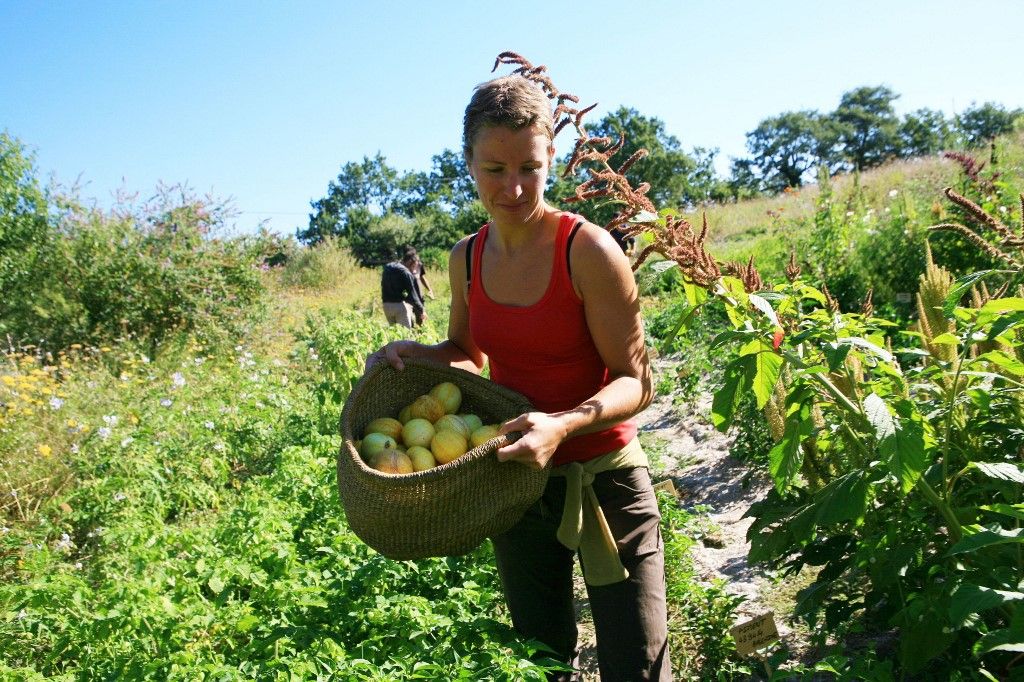
Council supports measures for low-carbon and sustainable agriculture
|
Baltic Sea: Agreement reached on 2023 fishing opportunities
The Council of the European Union reached an agreement on the fishing opportunities in the Baltic Sea for 2023, on the basis of the Commission’s proposal.
The situation in the Baltic Sea remains difficult, as the sea basin continues to struggle with severe environmental pressures and many challenges to the ecosystems, including the state of the fish stocks. Virginijus Sinkevičius, Commissioner for the Environment, Oceans and Fisheries, welcomed the agreement:
In recent years, we have been working together to restore the marine environment and the fish stocks of the Baltic Sea. I am happy that the Council has agreed to follow the Commission’s comprehensive approach to setting fishing opportunities and has followed our proposal for most stocks. The very responsible decisions reached today, built on the sustainable compromise reached by the Member States in the Baltic Sea region, will help bring the Baltic to a better environmental status, so that it can once again become a source of living and livelihood for our fishermen and women. Furthermore, 2023 will mark three years since the ‘’Our Baltic’’ Ministerial conference. The Commission will use this milestone to look at the progress we have all made in making the commitments we pledged to in the Declaration a reality and making the Baltic thrive again.
Under the agreement, the current fishing opportunities for several stocks will be carried over into 2023. The Council also agreed to continue additional recovery management measures, such as limiting fishing to unavoidable by-catches for the two cod stocks, main basin salmon and western herring, as well as maintained spawning closures and limitations on recreational fisheries for Baltic cod and salmon in some areas. The recent adoption of new rules making the use of more selective fishing gear for flatfish mandatory is expected to result in improvements allowing for the increase of the plaice total allowable catch (TAC), without putting more pressure on the ailing cod stocks. Furthermore, the Council agreed increases for central herring, while the TACs for sprat, Bothnian herring and Riga herring were reduced.
The agreement also includes an in-year amendment of the fishing opportunities in the Atlantic, for Southern hake. In line with revised scientific advice and as proposed by the Commission, the Union quota has been increased to 14 096 t to allow fishers to profit already this year from the improved situation of the stock.
Source: EU Commission



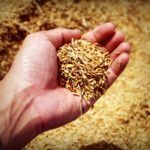
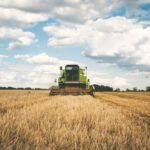
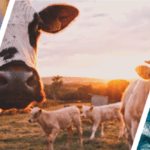
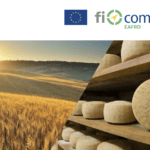
Leave a Reply